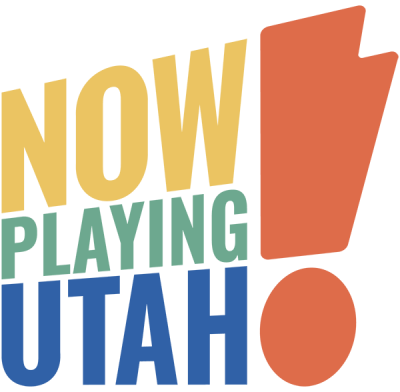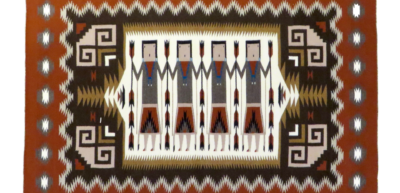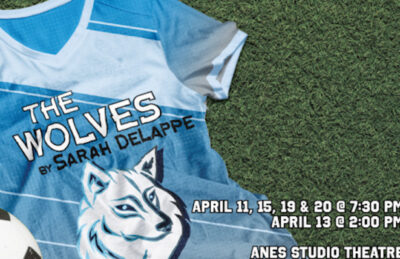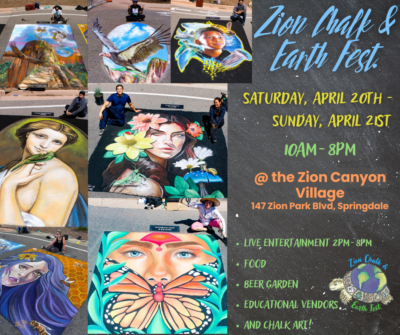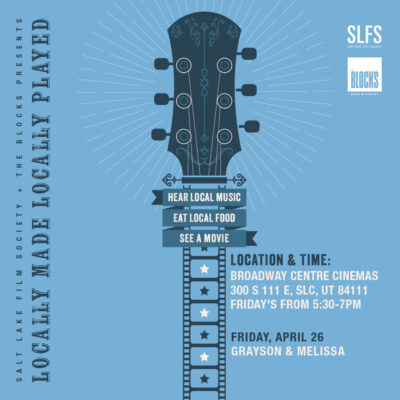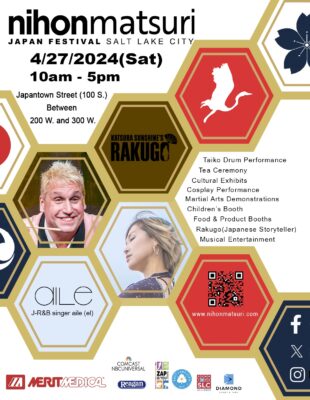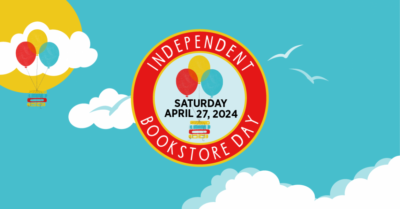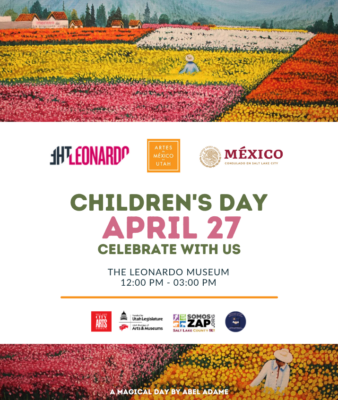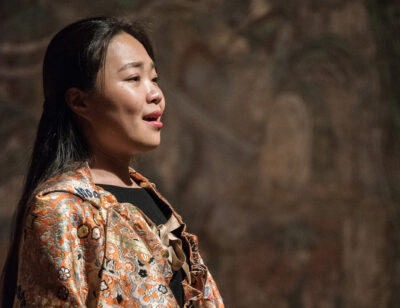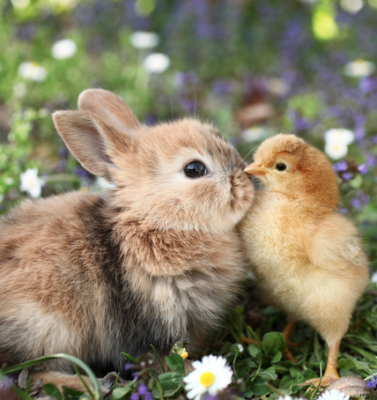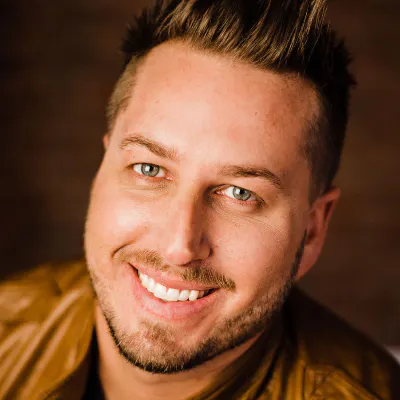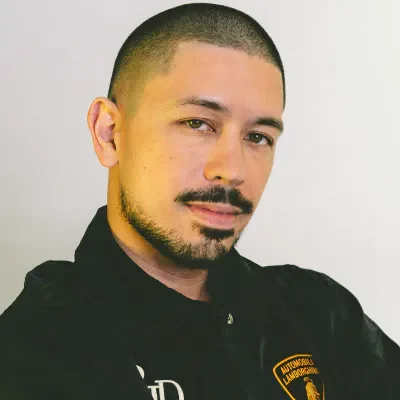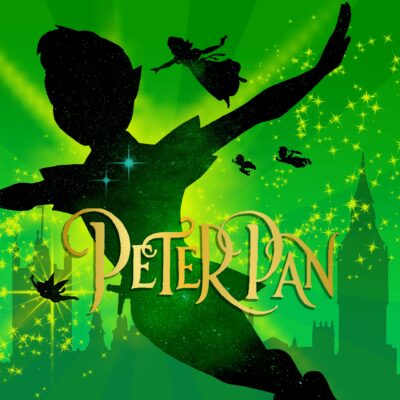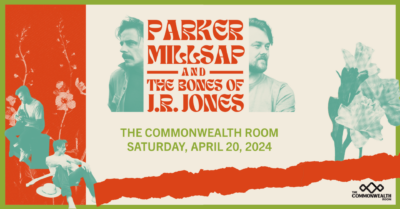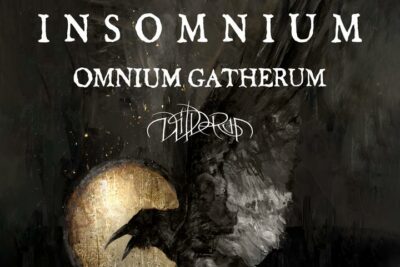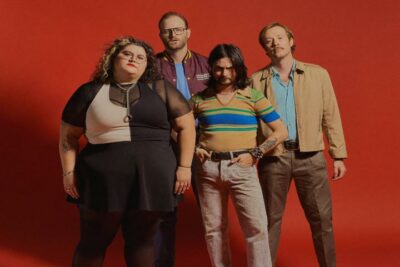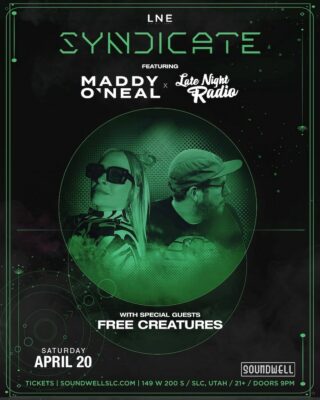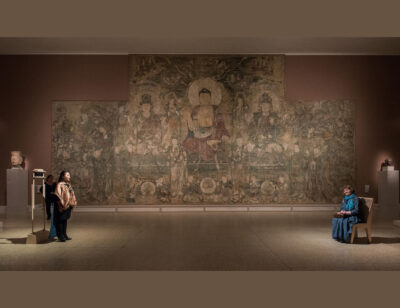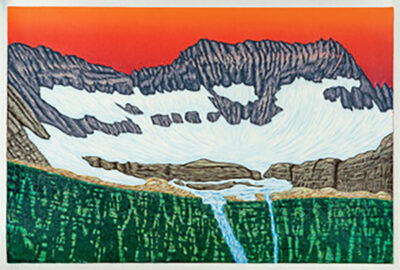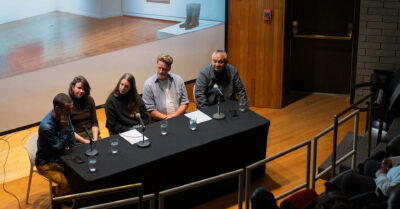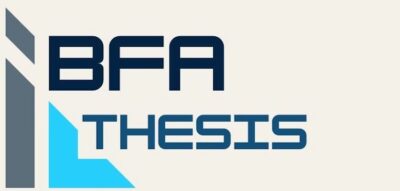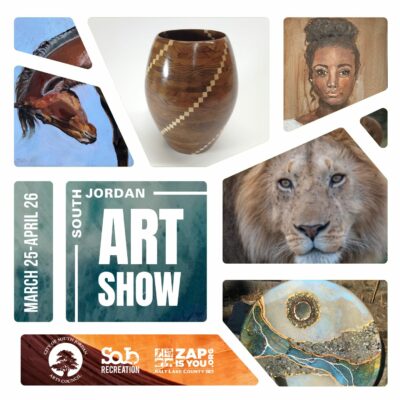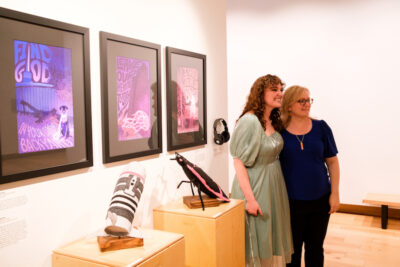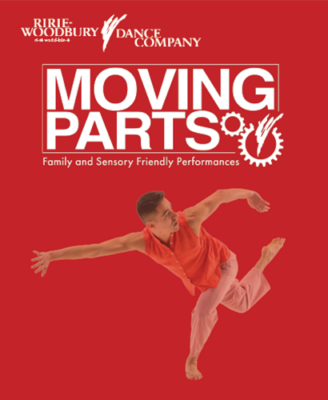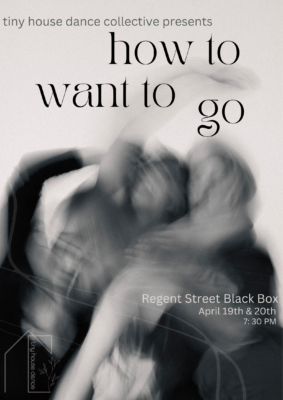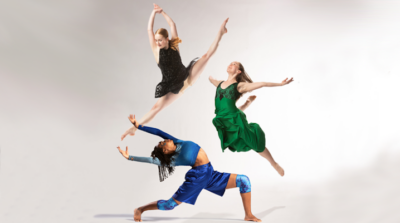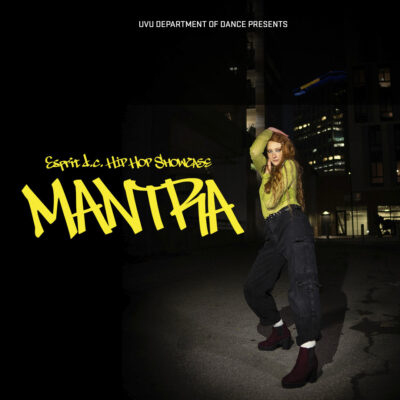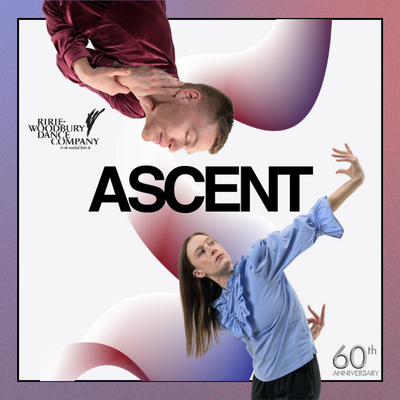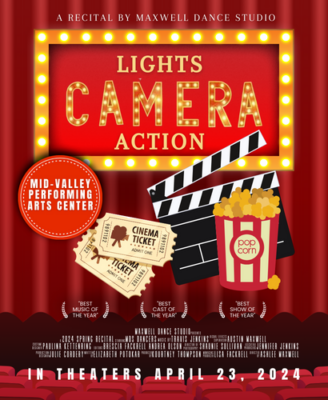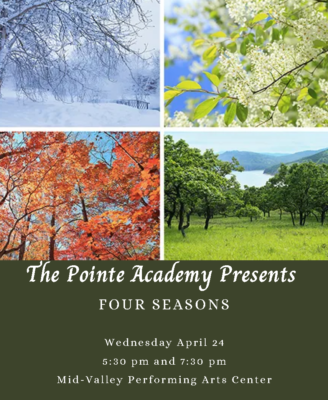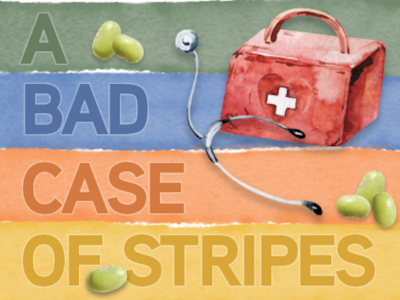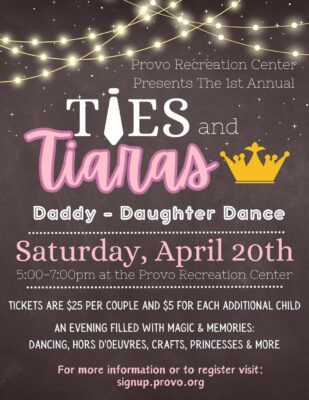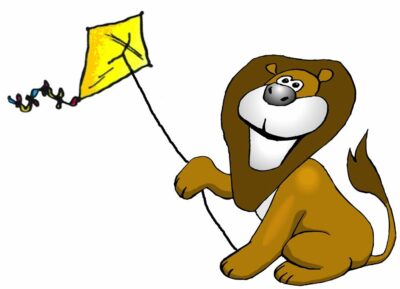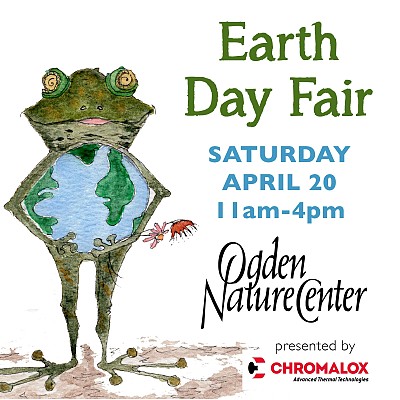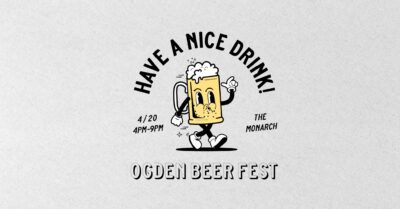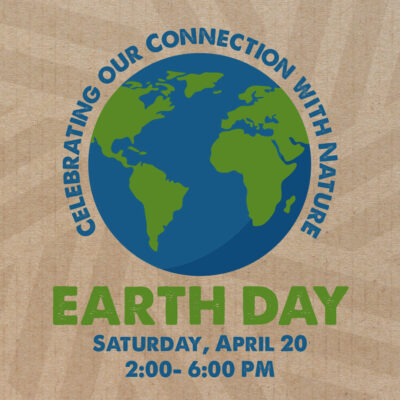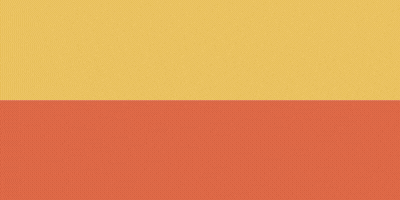POPULAR EVENTS
Apr
20
2024
Presented by Toh-Atin Gallery of Durango, Colorado, NHMU will be hosting a sale of Navajo rugs of all sizes and design styles, handwoven by artists... More Info
Apr
11 - 20
2024
The Wolves
The SUU Department of Theatre, Dance, & Arts Administration presents The Wolves, the story of a girls' indoor soccer team navigating big questions... More Info
Apr
20 - 21
2024
Zion Chalk & Earth Fest 2024
Zion Chalk & Earth Fest
Saturday, April 20th - Sunday, April 21st
10AM-8PM
@ the Zion Canyon Village (147 Zion Park Blvd, Springdale UT)
Live... More Info
Apr
26
2024
Locally Made Locally Played
Cinema and song unite for five Fridays of Locally Made Locally Played. Musicians come out of the studios and into the street at Broadway Centre... More Info
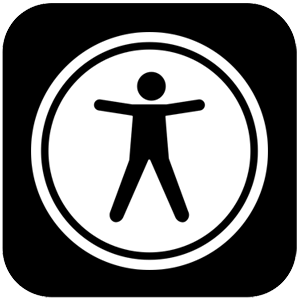
Accessibility Info
Apr
27
2024
2024 Nihon Matsuri (Japan Festival)
Enjoy Japanese entertainment, culture, food, products, and games! Rakugo (Japanese Storyteller) by Sunshine Katsura. He is Canadian but he studied... More Info
Apr
27
2024
Independent Bookstore Day 2024
Make your plans now to visit us on Saturday, April 27th for a chance to buy exclusive items, get books signed in person by 5 different authors, catch... More Info
Apr
27
2024
Children's Day 2024
Join us for a lively celebration of Children's Day on April 27th at the Leonardo Museum. Get ready for an exciting day packed with games, interactive... More Info
Apr
10
2024
-
May
05
2024
Lee Mingwei: Sonic Blossom
Sonic Blossom
April 10- May 5, 2024
Starting April 10, the Utah Museum of Fine Arts is hosting a special presentation of Sonic Blossom, a... More Info
Apr
05
2024
-
May
11
2024
Spring Festival 2024
It’s finally Spring! Get out and enjoy the sunshine and warmer weather! Baby Animals, AgVenture Alley, Delicious Food and Treats & More!
April 5th... More Info
Apr
20
2024
Shock Collar Comedy
Host British Jon, presents The Shock Collar Comedy Show and Podcast. Rising comedians, special guests, and drop in headliners bring their best... More Info
Apr
20
2024
Apr
19 - 20
2024
Ryan Erwin
Two words that define Ryan are Sassy & Gassy. Ryan’s first comedy special, Vertical Claps, is now streaming with Dry Bar Comedy. He opened for... More Info
Apr
19 - 20
2024
Heath Harmison
Being a superhero was always an ultimate dream of Heath’s...but due to his lack of athleticism, money, and tragic back story, he decided that... More Info
Apr
18 - 20
2024
Noel Miller: New Supply
Noel is a beloved touring comedian, musician, director, podcaster & digital megastar. Noel’s biting one-liners and topical social commentary have... More Info
Apr
17 - 20
2024
Twelfth Night
William Shakespeare's Twelfth Night is a comedic masterpiece that revels in mistaken identities, romantic entanglements, and the power of love. Set... More Info
Apr
15 - 20
2024
A Midsummer Night's Dream
Step into a world where enchantment and mirth collide in a spellbinding live production of Shakespeare's timeless classic, "A Midsummer Night's... More Info
Apr
12 - 20
2024
The Tempest
For twelve years, Prospero, the exiled Duke of Milan, has been living on a remote, uninhabited Mediterranean Island with only his daughter Miranda,... More Info
Apr
12 - 20
2024
Apr
20
2024
KAI WACHI live at The Complex
V2 Presents
KAI WACHI
Morphosia Tour
Introducing new stage design: The Cage
Doors: 8:00pm
*Must be 18 and older to enter
Tickets go on sale Thursday... More Info

Accessibility Info
Apr
20
2024
Jesse Daniel
It is no secret that Jesse Daniel puts on one hell of a live show. With his top notch band, he’s been touring the country for years and earning... More Info
Apr
20
2024
The Bones of J.R. Jones x Parker Millsap
Parker Millsap quickly made a name for himself with his captivating live performances, soulful sound, and character-driven narratives. He’s had a... More Info
Apr
20
2024
Apr
20
2024
Sheer Mag
S&S Presents
Sheer Mag
The X'd, The Plastic Cherries
Saturday, April 20 2024
7:00 PM MDT
Kilby Court
Apr
20
2024
Syndicate ft Maddy O’Neal & Late Night Radio
LNE Presents
Syndicate ft. Maddy O'Neal & Late Night Radio
Sat Apr 20 at 9:30pm MDT at Soundwell, Salt Lake City, UT
Apr
20
2024
Carpenters Platinum
Sonus Productions LLC presents Carpenters Platinum
April 20th, 2024 at 730pm
Mid Valley Performing Arts Center
Main Stage Theater
Get ready to... More Info
Apr
20
2024
Open (Sound)House
Soundhouse is throwing open its doors to the public for an exclusive Open (Sound)House Event. This is not merely an opportunity to glimpse into the... More Info

Accessibility Info
Apr
20
2024
EMERALD SINGERS SPRING CONCERT
Our Emerald Singers present an evening of energetic and powerful music. You’ll love their compelling harmonies and rich, complex counterpoint.... More Info
Apr
20
2024
Third Saturday for Families: Make Art to Music
Make Art to Music
April 20 | 1-4 PM | FREE
Experience Sonic Blossom, a striking interactive musical performance piece in the Museum's galleries,... More Info
Apr
20
2024
Student Art Gala
Our open house-style gathering is FREE to the entire community. Come enjoy a diverse range of art pieces. With a lively atmosphere and a celebration... More Info

Accessibility Info
Apr
19 - 20
2024
Visiting Artist Bruce Crownover at Saltgrass Printmakers
Saltgrass Printmakers’ next Artist in Residence is Bruce Crownover. Bruce will arrive at the shop on April 14, 2024 and be working throughout the... More Info

Accessibility Info
Feb
03
2024
-
Apr
20
2024
2024 Photography Competition: Intersections
Embark on a visual journey at our photography exhibit, where the theme “Intersections” serves as a canvas for the diverse perspectives of... More Info

Accessibility Info
Apr
25
2024
Diane Tuft: Entropy Panel Discussion + Book Launch
Continuing our ongoing lecture series regarding climate change, we hope to explore the role of entropy (through the nuanced scope of anthropogenic or... More Info

Accessibility Info
Apr
26
2024
In Conversation: Rodrigo Valenzuela and James Swensen
Join us for an engaging conversation between one of our exhibiting artists, Rodrigo Valenzuela, and art historian James Swensen. Focusing on the work... More Info

Accessibility Info
Apr
19 - 26
2024
BFA Thesis Exhibition
BFA Thesis Exhibition
Presented by Weber State University's Department of Visual Arts
When: Apr. 19 to 26 | Opening night on the 19th at 6:00 PM... More Info
Mar
25
2024
-
Apr
26
2024
South Jordan Art Show
Come enjoys the talents of local artists in the 16th Annual South Jordan Art Show held at The Gale Center Museum from March 25- April 26.
This event... More Info
Mar
18
2024
-
Apr
26
2024
Incandescent: Senior BFA Exhibition Spring 2024
The students’ capstone projects will be on display, demonstrating their ability to visualize, develop, and create a cohesive body of work to kick... More Info

Accessibility Info
Apr
20
2024
Moving Parts – A Family and Sensory Friendly Performance of ASCENT
Ririe-Woodbury Dance Company is proud to present the Moving Parts Family and Sensory Friendly Performance. This interactive dance experience is a... More Info
Apr
19 - 20
2024
Tiny House Dance Collective: How to Want to Go
Tiny House Dance Collective presents “How to Want to Go”, a night of movement inspired by our drive to provide a safe space to create, observe,... More Info
Apr
19 - 20
2024
Apr
18 - 20
2024
Apr
18 - 20
2024
Apr
12 - 20
2024
Love and War
Passion, love, and death! From the moody love songs of singer/songwriter James Blake, to the sizzling strains of the electric violin, to one of the... More Info
Apr
23
2024
Maxwell Dance Studio: Lights, Camera, Action
Maxwell Dance Studio presents Lights, Camera, Action
April 23rd, 2024
Mid Valley Performing Arts Center
Main Stage Theater
Apr
24
2024
Four Seasons – Ballet Showcase
The Pointe Academy presents Four Seasons – Ballet Showcase
April 24th, 2024
Mid Valley Performing Arts Center
Main Stage Theater
Join us for an... More Info
Apr
26
2024
A Bad Case of Stripes
Come and see David Shannon's beloved book, A Bad Case of Stripes, come to life through dance, music, narration, and lights.
Presenter
Valley Dance... More Info
Apr
20
2024
Provo's Daddy Daughter Dance
Dazzle in your finest ties and tiaras at the enchanting Daddy Daughter Dance! Join us for a magical evening filled with princesses, dancing, hors... More Info
Apr
20
2024
Cedar City Lions Club: 19th Annual Kite Flight & Community Health Fair
Lions Club: 19th Annual Kite Flight & Community Health Fair held 10:00 am - 3:00 pm at Cedar Middle School (2215 W Royal Hunte Dr, Cedar City),... More Info
Apr
20
2024
2024 Earth Day Fair
The Ogden Nature Center is holding its annual Earth Day Fair on Saturday, April 20, from 11 am – 4 pm. There will be fun and engaging... More Info

Accessibility Info
Apr
20
2024
Camp Floyd Artisan’s Day 2024
Join us for Camp Floyd State Park’s Artisan Day and learn from the artisans as they demonstrate their skills from 10:00 – 4:00 PM. Learn about... More Info
Apr
20
2024
2024 Ogden Beer Fest
Join us at The Monarch for Ogden Utah’s premiere celebration of the craft and community of BEER (and other beverages, too)!
With 20+ breweries on... More Info
Apr
20
2024
GRL PWR 3rd Anniversary Market at W.O.S.B Collective
Join us on Saturday, April 20th, as we amplify the rhythm, ignite the joy, and unite in celebration of our remarkable community. Save the date... More Info
Apr
20
2024
Bigtooth Maple Festival
We are a local non-profit co-op that started tapping the maple trees in our own backyards. Now we are working on research with USU and producing... More Info

Accessibility Info
Apr
20
2024
2024 Lamb and Wool Festival
Sheep are the star of the show at Lamb and Wool Festival! Come watch the fascinating shearing process as we remove the heavy winter coats from our... More Info

Accessibility Info
Apr
20
2024
Earth Day 2024 Celebration at Millcreek Common
Join us for our Earth Day 2024 Planet Vs. Plastics Community Art unveiling on Saturday, April 20 at Millcreek Common from 2:00 - 6:00 PM. Celebrate... More Info
